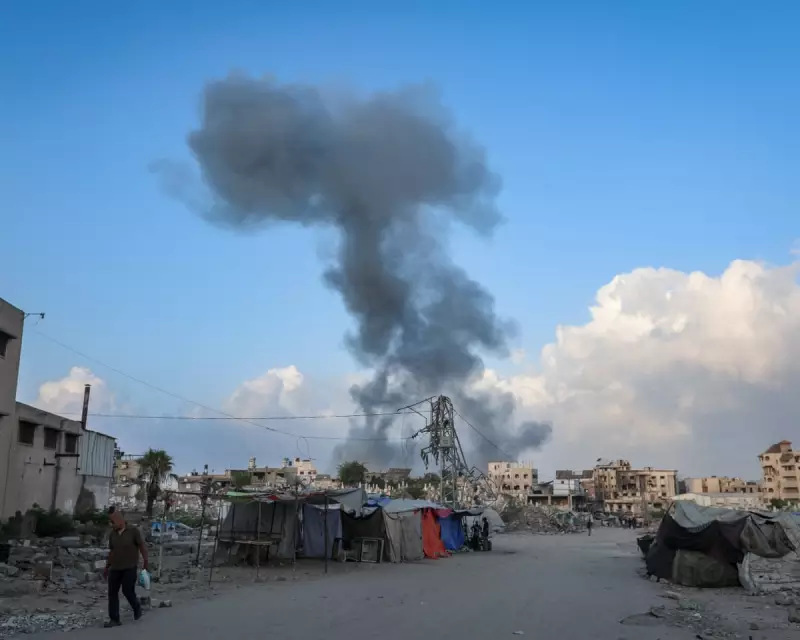
In a move that has captured global attention, former President Donald Trump returned to the White House for a high-stakes, closed-door meeting with his successor, President Joe Biden. The unexpected summit, held on Tuesday, was primarily focused on finding a path through the devastating and ongoing Middle East crisis.
The meeting, described by sources as a "substantive discussion," centred on the war in Gaza and the urgent international efforts to broker a lasting ceasefire between Israel and Hamas. This extraordinary gathering of current and former commanders-in-chief underscores the critical nature of the situation.
A Diplomatic Power Play
The optics of the meeting were undeniable. Trump's return to the seat of power he once held signals a rare moment of political coordination, transcending the deep partisan divides that usually define American politics. The agenda was strictly focused on matters of national security and global diplomacy.
Key topics on the table included:
- The intricate details of a proposed Gaza ceasefire agreement.
- Strategies to ensure the safe release of hostages held by Hamas.
- Addressing the catastrophic humanitarian situation within the Gaza Strip.
- Long-term stability plans for the wider Middle East region.
Global Reactions and Implications
News of the summit sent ripples through diplomatic circles worldwide. Allies and adversaries alike are closely watching the outcome, aware that a unified US front, even if temporary, could significantly alter the dynamics of the conflict. The involvement of a figure as prominent as Trump adds a complex, unpredictable layer to the negotiations.
While the precise details of their conversation remain confidential, the very act of meeting suggests a shared, albeit urgent, interest in de-escalating one of the world's most volatile conflicts. The world now waits to see if this unprecedented dialogue will translate into a tangible breakthrough for peace.





